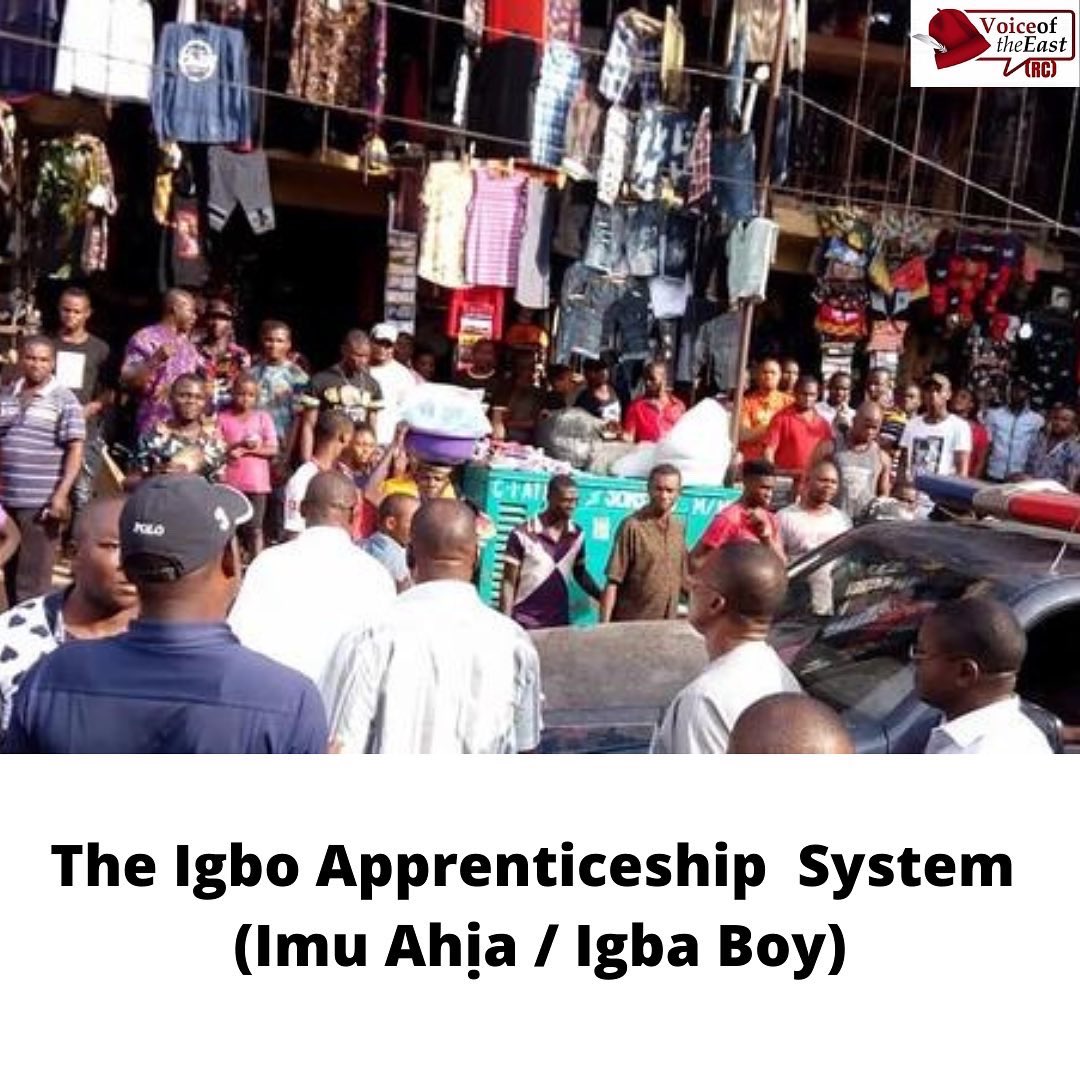
Prof. Kenneth Onwuka Dike was an educationist and historian.
He was known as the "Pioneer Historian"
He is credited with "having played the leading role in creating a generation of African historians who could interpret their own history without being
He was known as the "Pioneer Historian"
He is credited with "having played the leading role in creating a generation of African historians who could interpret their own history without being

influenced by Eurocentric approaches.
A native of Awka in Anambra state, Dr Kenneth Dike has been referred to as ‘The Father of West African Historiography’
He Was the first Nigerian Professor of History, the first indigenous Vice Chancellor of University of Ibadan,
A native of Awka in Anambra state, Dr Kenneth Dike has been referred to as ‘The Father of West African Historiography’
He Was the first Nigerian Professor of History, the first indigenous Vice Chancellor of University of Ibadan,
the first Professor of African history at Harvard.
He created the National Archives of Nigeria, headed a reformation of the Nigerian history curriculum and founded the Institute of African Studies at the University of Ibadan in 1962.
He is still remembered as the founder of the
He created the National Archives of Nigeria, headed a reformation of the Nigerian history curriculum and founded the Institute of African Studies at the University of Ibadan in 1962.
He is still remembered as the founder of the
Ibadan school of History which reconstructed precolonial African history with the help of oral and written sources. Historians who worked with him in Ibadan published numerous essays and books on precolonial African History which are still studied today.
During the War, He became one of the main ambassadors of Biafra. Dike pleaded for the international recognition of Biafra in capitals such as Washington or Paris. After the war in 1970, He took up an academic position at Harvard until 1980. He became the Chair of the Committee of
African Studies (1971-1973) and the first Mellon Professor of African Studies (1973-1980).
He died on the 26th of October 1983
May he continue to rest in power ✊🏿
#IgboAmaka #IgboNweremmaduq
He died on the 26th of October 1983
May he continue to rest in power ✊🏿
#IgboAmaka #IgboNweremmaduq
• • •
Missing some Tweet in this thread? You can try to
force a refresh









